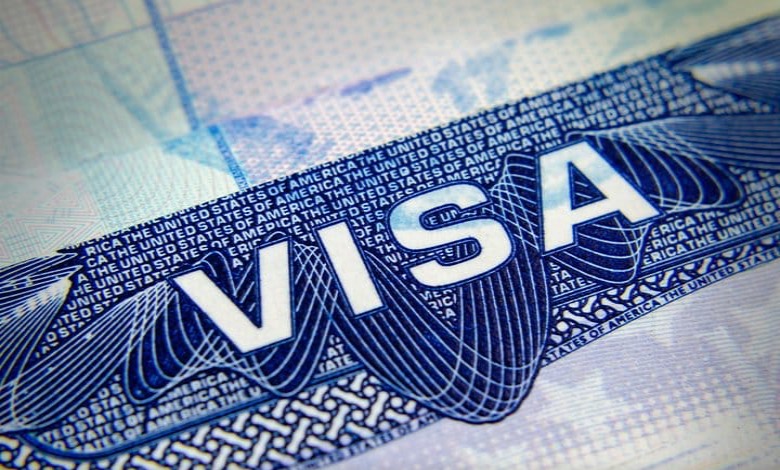What the guidance says
A new directive instructs US consular officers to weigh a broad range of chronic and costly health conditions such as diabetes, cardiovascular and respiratory diseases, neurological and mental health disorders, and obesity when deciding visa eligibility, according to reports citing a State Department cable reviewed by KFF Health News and covered by CBS. The stated rationale is to prevent entrants deemed likely to become a “public charge,” with officers told to consider whether applicants can cover medical costs over their expected lifetime without public assistance. Critics say this substantially broadens health-based inadmissibility beyond traditional communicable disease checks and vaccination compliance.
Wider discretion for visa officers
Experts quoted by CBS say the guidance grants far greater discretion to visa officers, who are not medical professionals, to make subjective judgments about long-term health risks and financial strain. Charles Wheeler of the Catholic Legal Immigration Network warned that encouraging officials to forecast hypothetical costs conflicts with the Foreign Affairs Manual’s bar on speculative denials. The cable also tells officers to factor in dependents’ disabilities or chronic illnesses when evaluating an applicant’s capacity to remain self-sufficient.
Policy context and criticism
Immigration lawyers and public health experts frame the directive as part of a broader push to reshape immigration to favor wealthier and healthier applicants. They argue the approach could affect millions given the global prevalence of diabetes and the dominance of cardiovascular disease as a cause of mortality. Georgetown University’s Sophia Genovese told CBS the guidance goes well beyond the traditional medical exam, enabling denials based on speculative costs or widely prevalent conditions.
Key implications to watch
- Applicants may face deeper scrutiny of medical histories and financial capacity to fund long-term care without public aid.
- Household-level assessments could expand denials if dependents’ health conditions are deemed burdensome.
- Legal challenges or implementation guidance updates could clarify how consular officers apply the “public charge” lens to non-communicable diseases.
